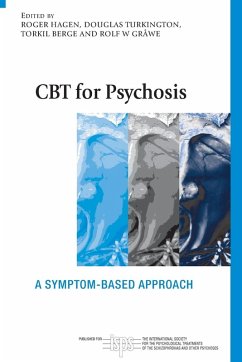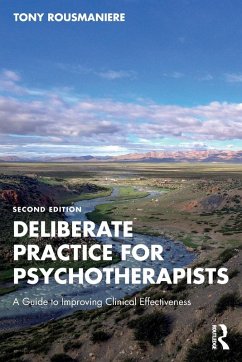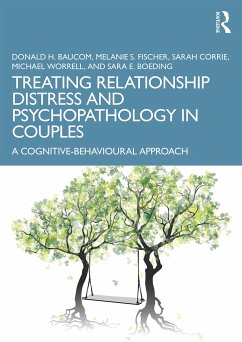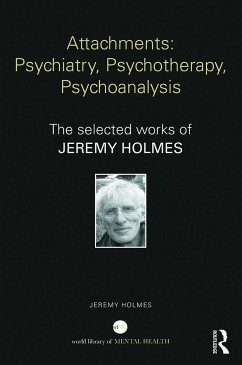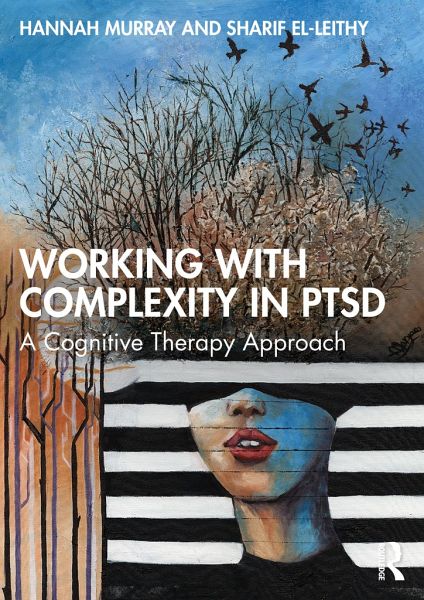
Working with Complexity in PTSD
A Cognitive Therapy Approach
Versandkostenfrei!
Versandfertig in 6-10 Tagen
32,99 €
inkl. MwSt.
Weitere Ausgaben:

PAYBACK Punkte
16 °P sammeln!
This accessible, evidence-based book provides readers with a practical framework to understand, formulate, and treat PTSD using the cognitive model while creatively adapting for complexity.Cognitive therapy for PTSD is a highly effective treatment, but aspects of clinical complexity can complicate treatment and limit its effectiveness. Trauma memories themselves can be complex, the associated meanings can resist change and people may struggle to engage with them without feeling overwhelmed. Problems that commonly arise alongside PTSD add to clinical complexity, such as comorbid psychological o...
This accessible, evidence-based book provides readers with a practical framework to understand, formulate, and treat PTSD using the cognitive model while creatively adapting for complexity.
Cognitive therapy for PTSD is a highly effective treatment, but aspects of clinical complexity can complicate treatment and limit its effectiveness. Trauma memories themselves can be complex, the associated meanings can resist change and people may struggle to engage with them without feeling overwhelmed. Problems that commonly arise alongside PTSD add to clinical complexity, such as comorbid psychological or physical disorders, social problems, and ongoing risks. Bringing together the science and art of therapy, this book demonstrates how to approach these issues by holding firm to the principles of CBT, whilst flexing and creatively adapting techniques for each unique circumstance. Rich case studies, top tips, and frequently asked questions are used throughout to demonstrate the approach.
Written by clinicians for clinicians, the book synthesizes the latest research into a practical treatment manual to help readers overcome obstacles in PTSD treatment and 'supercharge' their therapy skills.
Cognitive therapy for PTSD is a highly effective treatment, but aspects of clinical complexity can complicate treatment and limit its effectiveness. Trauma memories themselves can be complex, the associated meanings can resist change and people may struggle to engage with them without feeling overwhelmed. Problems that commonly arise alongside PTSD add to clinical complexity, such as comorbid psychological or physical disorders, social problems, and ongoing risks. Bringing together the science and art of therapy, this book demonstrates how to approach these issues by holding firm to the principles of CBT, whilst flexing and creatively adapting techniques for each unique circumstance. Rich case studies, top tips, and frequently asked questions are used throughout to demonstrate the approach.
Written by clinicians for clinicians, the book synthesizes the latest research into a practical treatment manual to help readers overcome obstacles in PTSD treatment and 'supercharge' their therapy skills.






